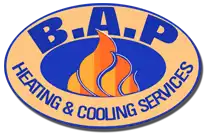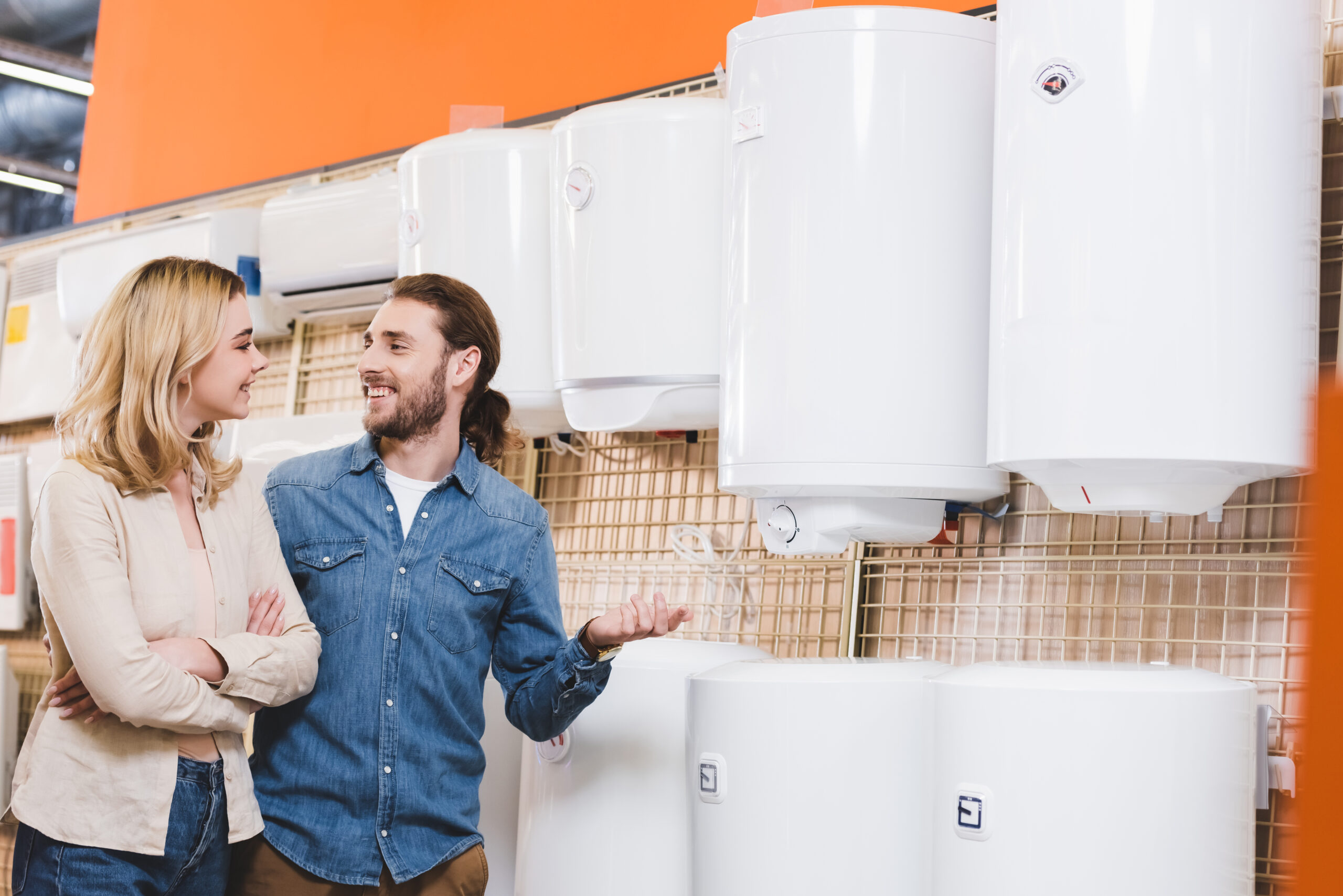Choosing the Right Water Heater: Understanding the Differences Between Tankless and Traditional Models
The options can seem overwhelming for Guelph homeowners in need of a new water heater. One of the most critical decisions you’ll face is investing in a traditional storage tank model or a tankless water heater. Depending on your household’s hot water consumption and budget, either option could be the optimal solution for your heating needs.
B.A.P. Heating & Cooling Services gives you a closer look at tankless and traditional water heaters to help you decide which one to choose for your home. We’ll compare their efficiency, safety, lifespan, and costs, among other factors, so you can make an informed decision for your Guelph home’s heating system. By the end of this guide, you’ll better understand how each type of water heater works and which one will best fit your needs.
Choosing the Right Water Heater: Understanding the Differences Between Tankless and Traditional Models
How Traditional Water Heaters Work
Traditional water heaters, or storage tank water heaters, are the most common type found in homes. These systems use a large tank to store and heat a predetermined amount of water, usually 30 to 80 gallons. The water is kept warm and ready for use, with the tank constantly reheating it as it’s used and replaced. While this design provides a steady hot water supply, it can also increase energy consumption due to the constant heating process, known as standby heat loss.
Energy Efficiency
One of the main differences between tankless and traditional water heaters is their overall efficiency. Tankless water heaters are generally more energy-efficient due to their on-demand heating process, which eliminates the need for constant reheating of stored water.
On the other hand, traditional water heaters consume more energy as they maintain the heated water temperature, even when not in use. The energy consumed during standby heat loss contributes to higher energy bills. A tankless water heater may be a more suitable option for homeowners seeking to conserve energy and reduce their expansion.
Installation and Upfront Costs
When comparing initial costs, traditional water heaters are typically less expensive to buy and install. However, tankless water heaters often offer long-term savings due to their increased energy efficiency and extended lifespan.
In addition, tankless water heaters require more complex installation processes than traditional models, as they often entail upgrading gas lines or electrical systems. This can translate to higher installation costs, but many homeowners find the long-term benefits of a tankless system offset these expenses.
Longevity and Maintenance
Another important factor to consider when choosing between a tankless and traditional water heater is their respective lifespans and maintenance requirements. Tankless water heaters tend to have a longer life expectancy, usually around 20 years or more, whereas traditional water heaters may last around 10 to 15 years.
Moreover, tankless water heaters typically require less maintenance than their traditional counterparts. Because they don’t use a storage tank, they’re less prone to issues like rust and sediment buildup. However, scheduling regular inspections and maintenance for your tankless water heater is still important to ensure optimal performance and prevent potential issues.
Hot Water Supply and Flow Rate
When assessing your hot water needs, it’s essential to consider the capacity and flow rate of the water heater. Traditional water heaters offer a limited hot water supply based on the storage tank size. This means that if the demand outpaces the tank’s capacity, you could run out of hot water, requiring time for the tank to refill and reheat.
Conversely, tankless water heaters provide continuous hot water on demand, which can benefit larger households or those with high hot water usage. However, tankless systems have a lower flow rate than traditional water heaters, meaning they may struggle to provide simultaneous hot water to multiple appliances or fixtures. In cases where high flow rates are required, multiple tankless water heaters can be installed to meet the demand.
Consider Your Household’s Needs
When selecting the right water heater for your home, it’s essential to consider your unique needs and circumstances. If energy efficiency, long-term savings, and continuous hot water supply are your priorities, a tankless water heater might be the best fit. However, a traditional water heater could be more appropriate if you have a tight budget and prefer a simpler installation.
The Final Decision: Tankless or Traditional Water Heaters for Your Guelph Home
Both tankless and traditional water heaters offer distinct advantages and disadvantages that must be carefully considered before making a final decision. Your choice will ultimately depend on your home’s hot water needs, budget, and energy efficiency preferences.
As experts in heating systems, we at B.A.P. Heating & Cooling Services are committed to helping you make the best decision for your home. Our experienced team is available to discuss your specific needs and circumstances, providing professional advice and guidance on choosing the right water heater. You can trust us to provide top-quality installation of your water heater in Guelph and ongoing support, ensuring it performs effectively and efficiently. Contact us today to explore your options and start enjoying the benefits of a perfectly suited water heater for your home!







